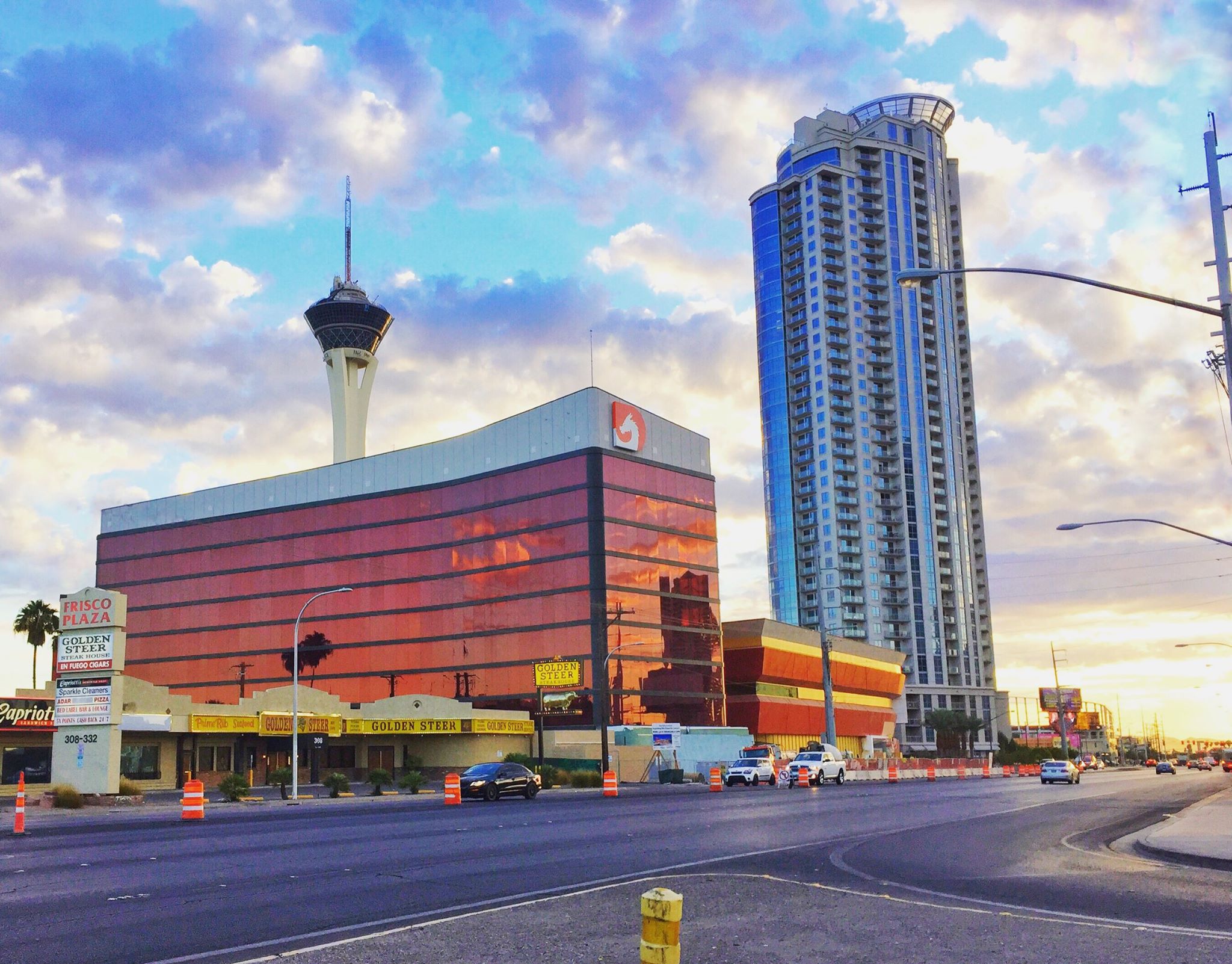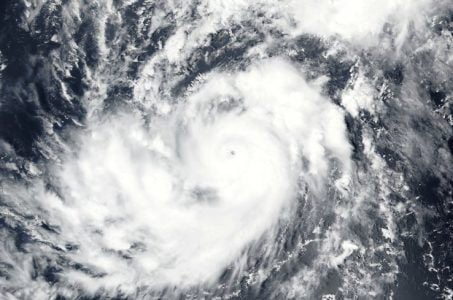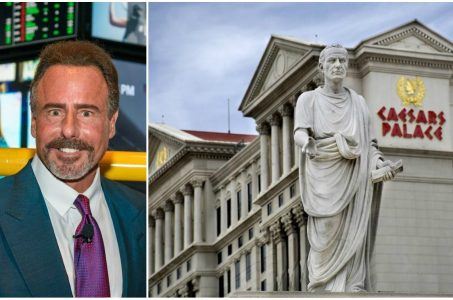Lucky Dragon in Foreclosure, Asian-Themed Casino to Be Auctioned Off Next Month
Posted on: January 17, 2018, 12:00h.
Last updated on: January 17, 2018, 01:58h.
After a much ballyhooed launch less than two years ago, the Lucky Dragon Hotel and Casino is facing foreclosure, and the off-Strip Asian-themed resort could have a new owner as early as next month.

After closing its casino and restaurants less than two weeks ago, with Lucky Dragon reps at the time claiming the resort was undergoing a “repositioning,” Clark County property records now reveal that the boutique casino is scheduled to go on the auction block Feb. 6.
Lucky Dragon developer Andrew Fonfa has reportedly defaulted on a $90 million loan he took out in the spring of 2016 to finish construction. According to the auction notice, Fonfa owes nearly $49 million to Snow Covered Capital, the investment firm that provided the loan.
Lucky Dragon opened its doors in November 2016, and was the first Las Vegas casino built from the ground up in six years.The nine-story hotel tower and casino, which are separate structures, jointly cost $139 million, and promised to be a big draw to locals and Asian high rollers.
Downward Spiral
But the players didn’t just automatically start showing up. Reports began surfacing late last year that the Lucky Dragon was in financial distress. Located just west of the Strip on Sahara Avenue (next to the famous Golden Steer steakhouse, which has thrived in that location since 1958), the casino failed to capture and retain its target audience in its first year of operation.
The 203-room hotel and 27,500-square-foot gaming floor was built with the local Asian-American in mind. Prior to its opening, Fonfa predicted locals would make up about 60 percent of the casino’s customer base.
When China’s Hainan Airlines began running direct flights from Beijing to Las Vegas in late 2016, that was seen as an added bonus for keeping the Lucky Dragon busy. But the intended clientele wasn’t adequately wooed.
The Las Vegas Review-Journal reported in December that while baccarat tables at Lucky Dragon were scarcely occupied, seats at nearby SLS were. Gamblers there, many of whom were of Asian descent, told the RJ that SLS had better player comps.
The casino locked its doors on Jan. 4. Management issued a statement saying that Lucky Dragon was “beginning the process of repositioning and, in doing so, will have a reduction in staff while it temporarily closes all gaming and restaurant operations.”
Luck Runs Dry with EB-5
Lucky Dragon was largely financed through the US government’s EB-5 visa program. Foreigners and their families can obtain permanent residency status by investing at least $500,000 in a development project that employs at least 10 people.
Fonfa created an entity called the Las Vegas Economic Impact Regional Center to facilitate the EB-5 program. More than 200 investors, who aren’t involved in day-to-day operations, reportedly bought in.
However, in 2015, short on cash after the EB-5 program “dried up” per Fonfa’s own admission, the developer sought a $25 million bailout from the Las Vegas Redevelopment Agency.
“The fact that it’s a very challenging area, with decades of decay and blight and crime-ridden in the city, we believe that this challenging area deserves incentive for a redevelopment,” Fonfa said in his reasoning.
The city voted 6-1 against the petition, with Mayor Carolyn Goodman saying at the time that such funds have never been used to build a casino.
Related News Articles
Most Popular
Las Vegas Overstated F1 Race’s Vegas Impact — Report
Vegas Strip Clubs Wrestle in Court Over Animal Names
Most Commented
-
End of the Line for Las Vegas Monorail
— April 5, 2024 — 90 Comments -
Mega Millions Reportedly Mulling Substantial Ticket Price Increase
— April 16, 2024 — 6 Comments -
Nearly Abandoned Mall Outside Vegas Soon to Have Only One Tenant
— March 12, 2024 — 5 Comments -
Long Island Casino Opponents Love New York Licensing Delays
— March 27, 2024 — 5 Comments
















No comments yet